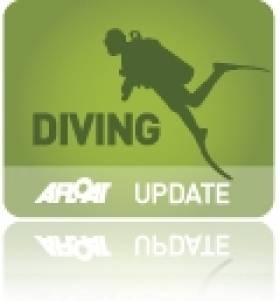Displaying items by tag: Colin Callanan
Mother Of SADS Diver Calls For Nationwide Screening Programme
#Health - The mother of a 29-year-old Corkman who died while SCUBA diving in Thailand has called for all Irish secondary school students to be screened for SADS, according to the Irish Independent.
As previously reported on Afloat.ie, Colin Callanan - who had been based in Australia for six years before his death – was diving off the island of Koh Tao off the east coast on Thailand on 12 April last year while on a work trip to the country.
It later emerged that the cause of his death was Sudden Adult/Arrhythmic Death Sundrome, or SADS, a condition widely considered a 'silent killer' of otherwise outwardly healthy young people.
On the first anniversary of his death, his mother Marie is launching a campaign for health screening of all teenagers in Ireland, following a trial at a school in Bandon that identified a number of at-risk cases.
The Irish Independent has more on the story HERE.
Irishman Drowns While Diving Off Thailand
#Diving - The Irish Times reports that an Irishman has died in a diving accident in Thailand.
Twenty-nine-year-old Colin Callanan from Cork drowned off the island of Koh Tao off the east coast of the South East Asian country on Friday 12 April.
The exact circumstances surrounding his death have not yet been announced.
Callanan was diving in his spare time while on a work trip to the country. He had been based in Perth, Australia for the last six years, and was employed by an air conditioning firm since 2010.
The Irish Times has more on the story HERE.






























































